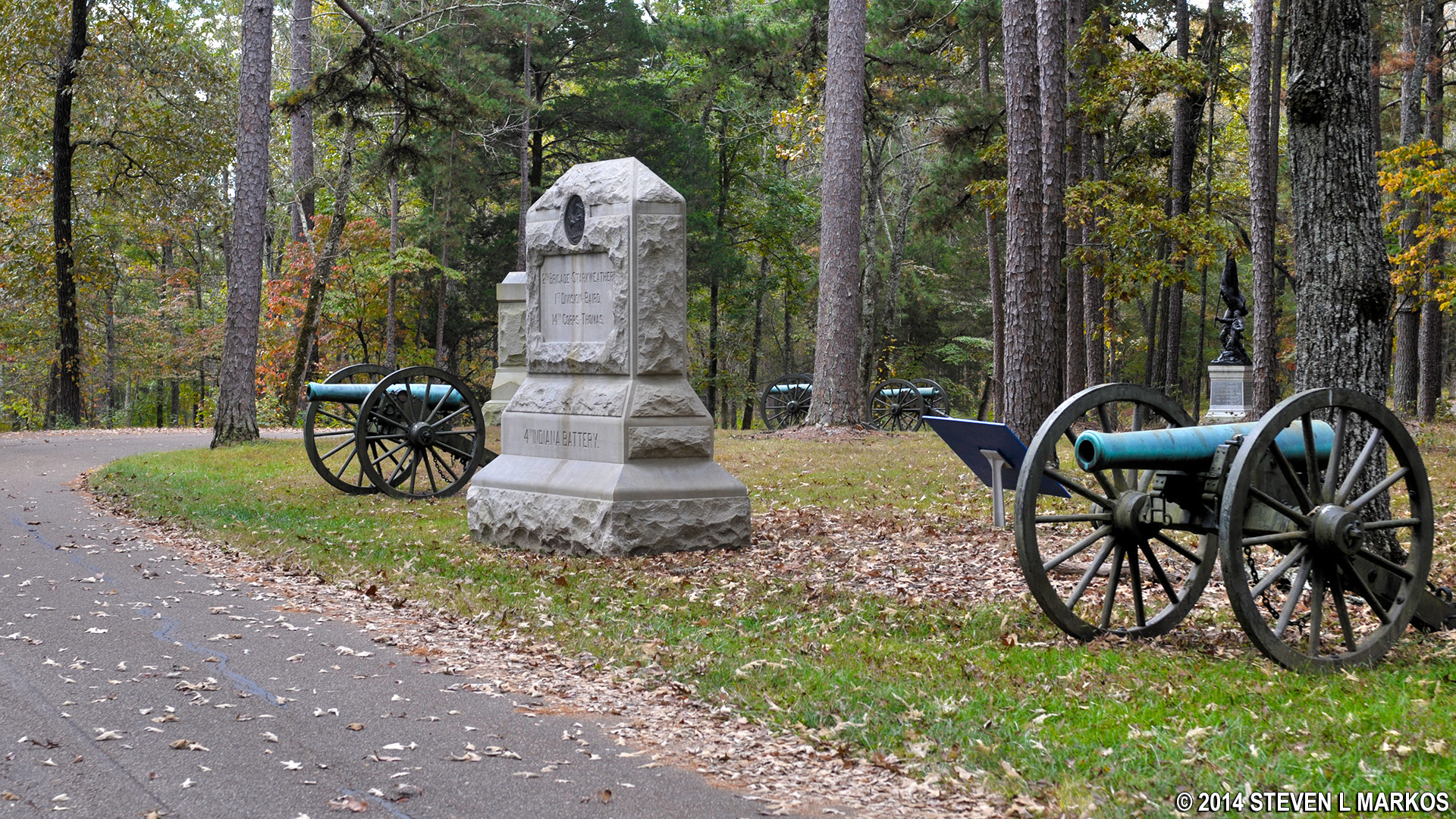“Realism” is an element of some of Abrose Bierce’s short stories (particularly those concerning the Civil War), but the term is of little value when discussing his often fantastical imagination. In his essay “The Short Story” he writes: ‘Probability? Nothing so improbable as what is true. It is the unexpected that occurs . . . Everything being so unearthly improbable, I wonder that novelists of the Howells school have the audacity to relate anything all.’ ”
Bierce’s stories can be roughly divided into three categories: those about the Civil War, horror and the supernatural, and comic or “tall” tales. Though his plots are mostly contrived, he writes with great economy and vividness, and his stories often have a caustic, almost misanthropic edge to them. The shot story was clearly an ideal medium for him.
His contrivances of plot include reordering of the time scheme such as analepsis (flashback) and prolepsis (flashforward), exploration of dreams and the surreal, and a preoccupation with the vagaries of perception. Through these techniques, he demonstrates an uncanny ability to record how humans record experience before organizing it conceptually.
In his most horrifying war story, “Chickamauga,” a deaf-mute child witnesses the retreat of the Confederate soldiers after the eponymous battle and wanders out toward the battlefield and encounters men crawling away from battle. The child thinks they are playing a game and tries to ride on the back of one of them, but the soldier flings him to the ground and then
turned upon him a face that lacked a lower jaw — from the upper teeth to the throat was a great red gap fringed with hanging shreds of flesh and splinters of bone. The unnatural prominence of nose, the absence of chin, the fierce eyes, gave this man the appearance of a great bird of prey crimsoned in throat and breast by the blood of its quarry.
The child retreats and then drawn by a great fire, leads the men as if into battle with his toy sword. Soon he recognizes the burning building as his own home, his mother lying dead before him, and he utters “a series of inarticulate and indescribable cries — something between the chattering of an ape and the gobbling of a turkey — a startling, soulless, unholy sound, the language of a devil.”
The reversal of physical orientation is complete and serves as an emblem of the reversal of the story: war as a matter of youthful enthusiasm and heroism revealed as bloody horror.
